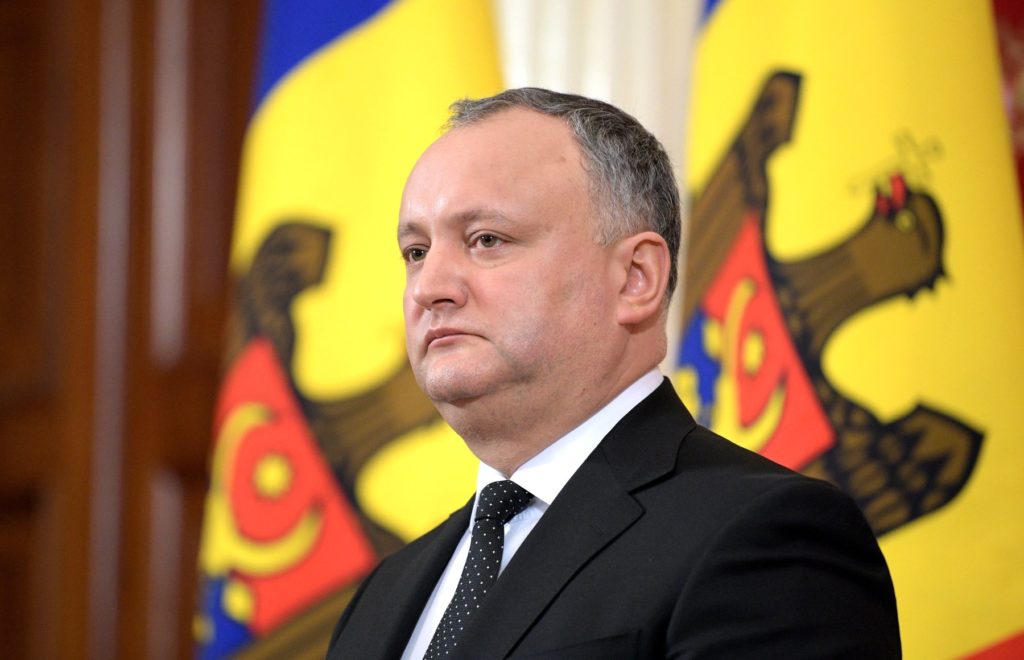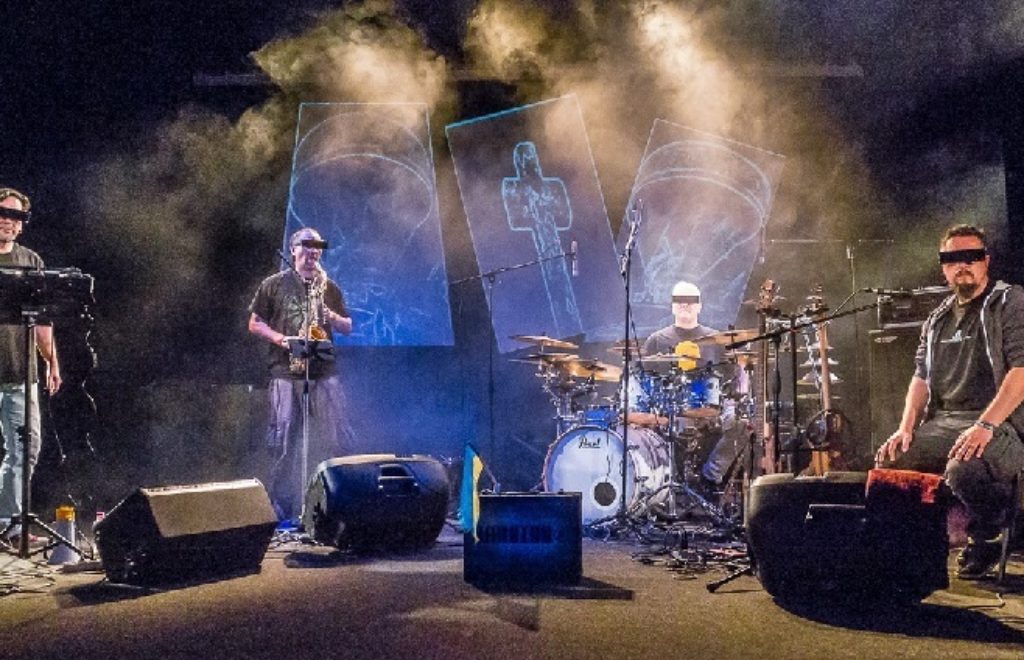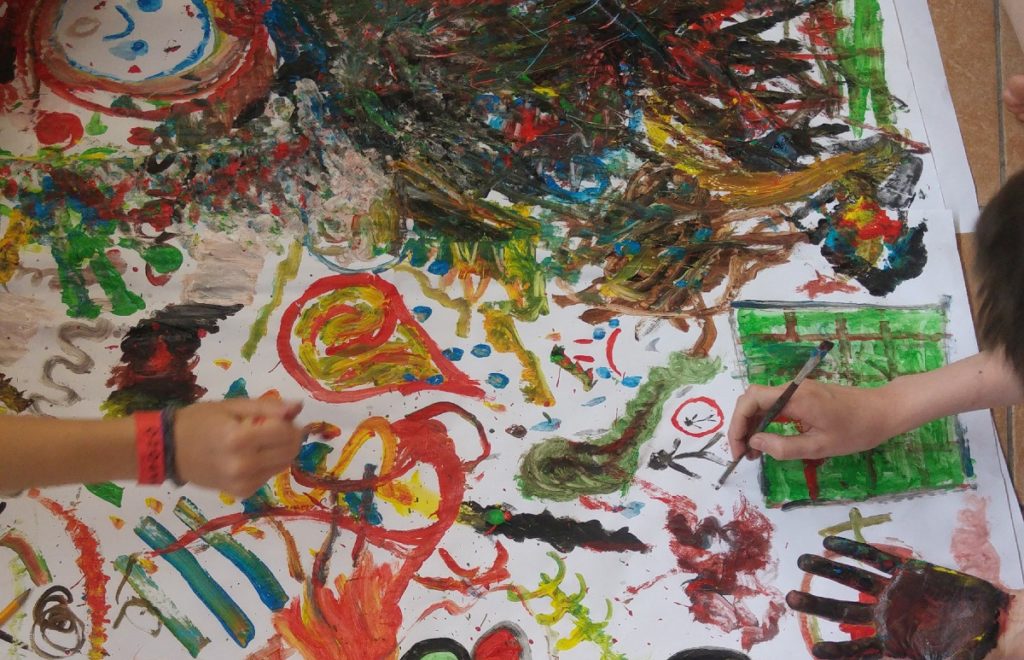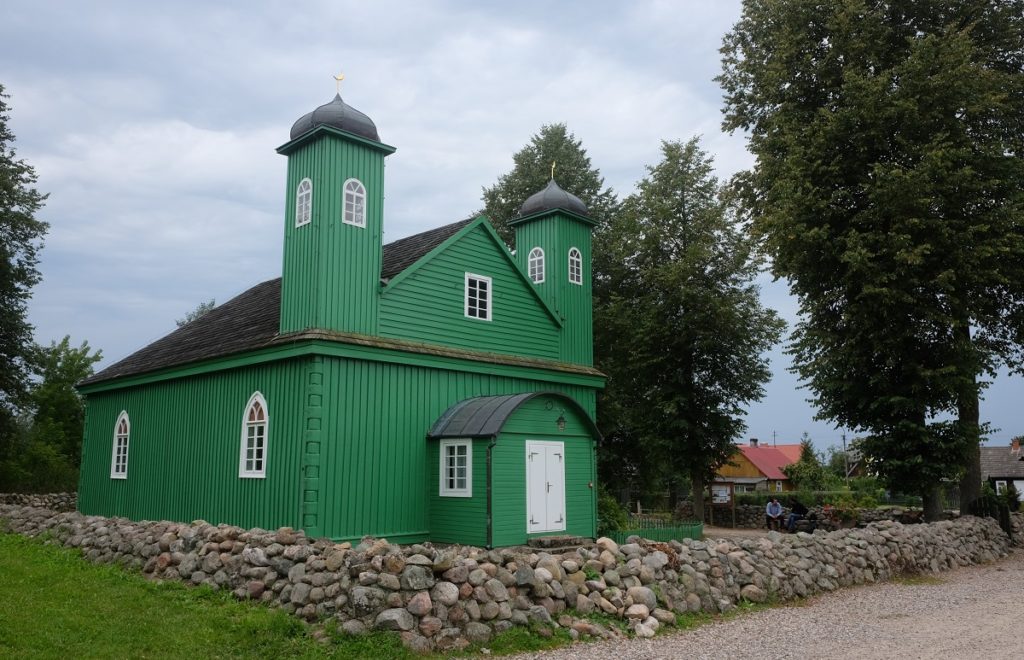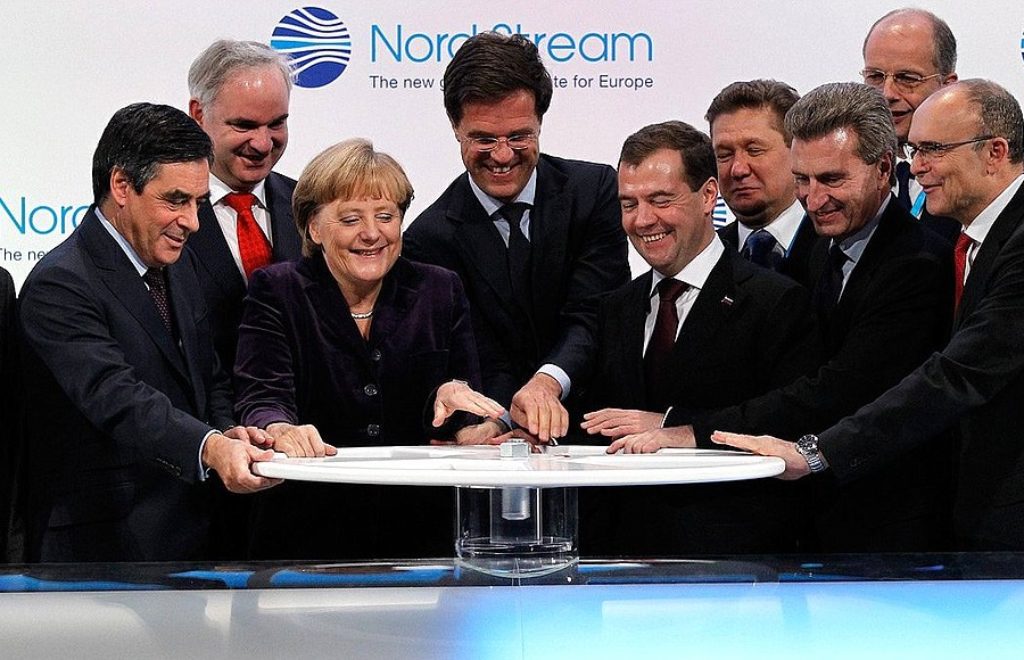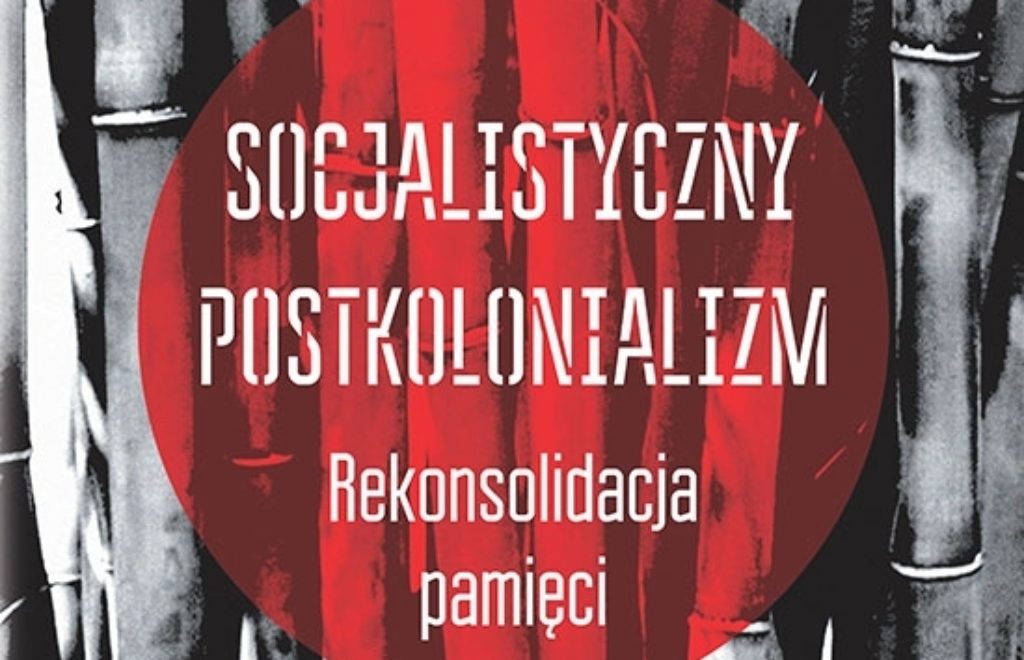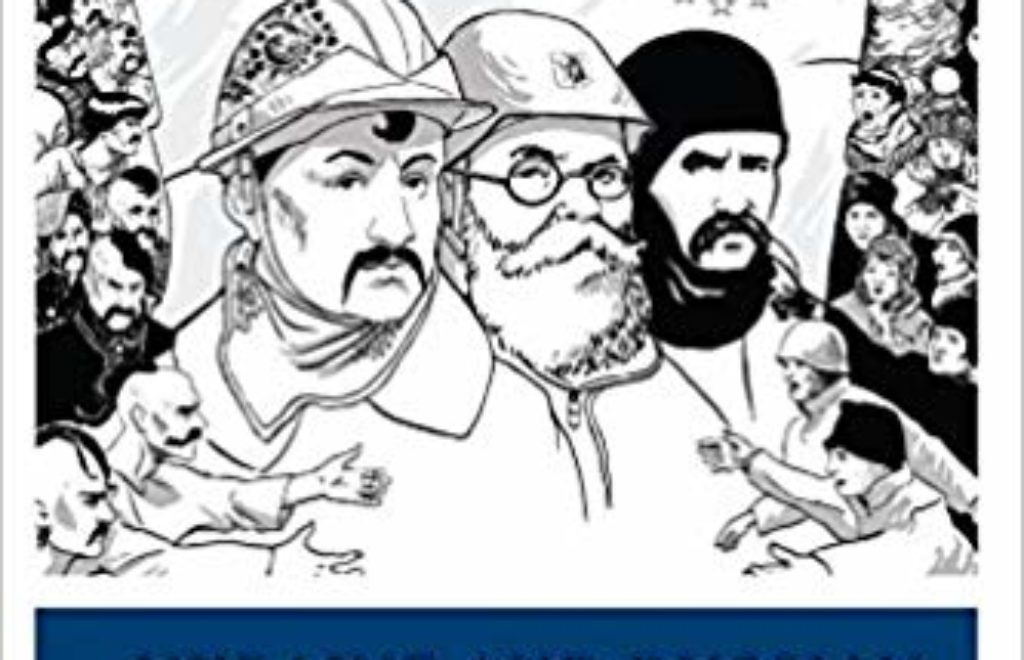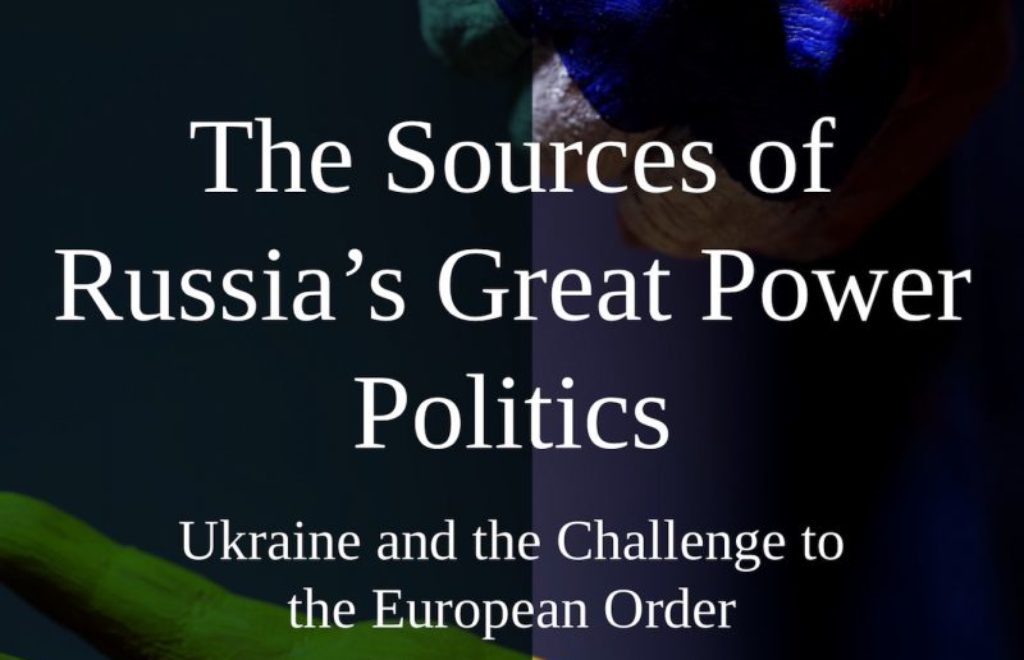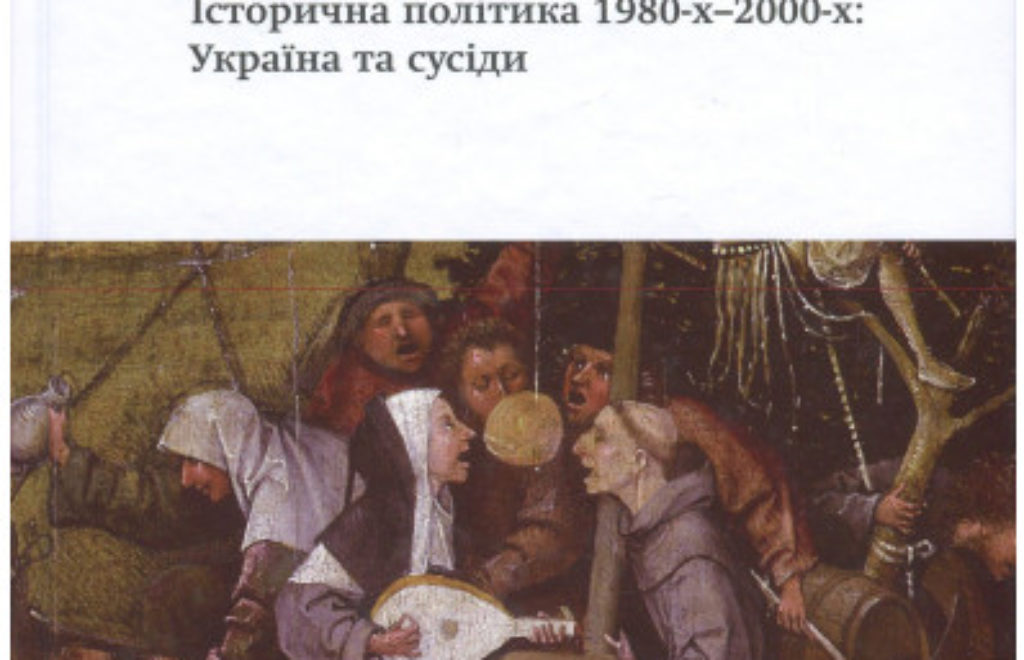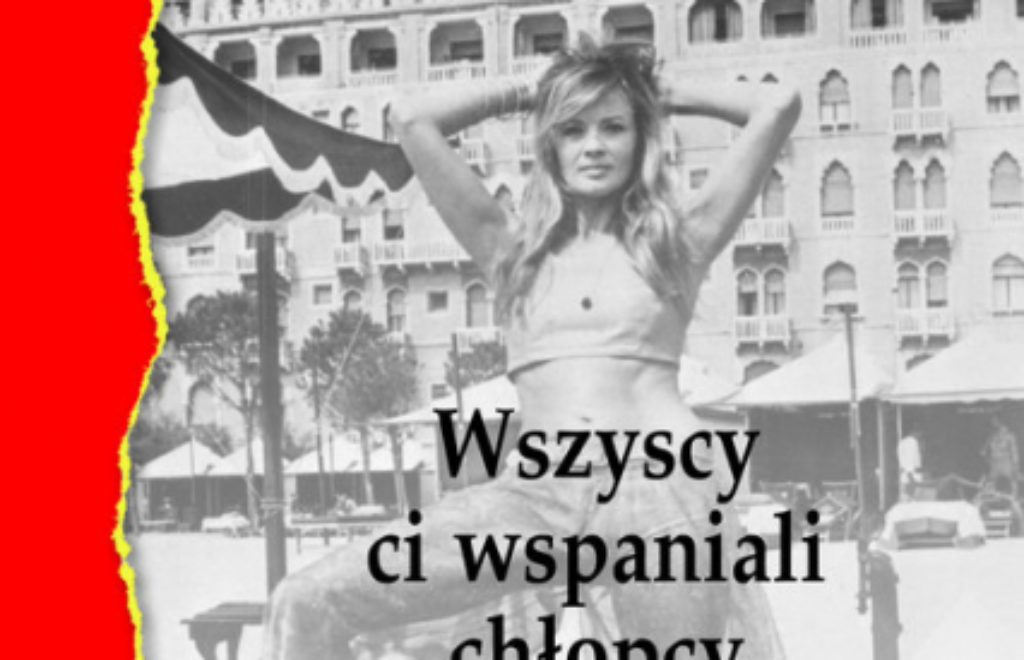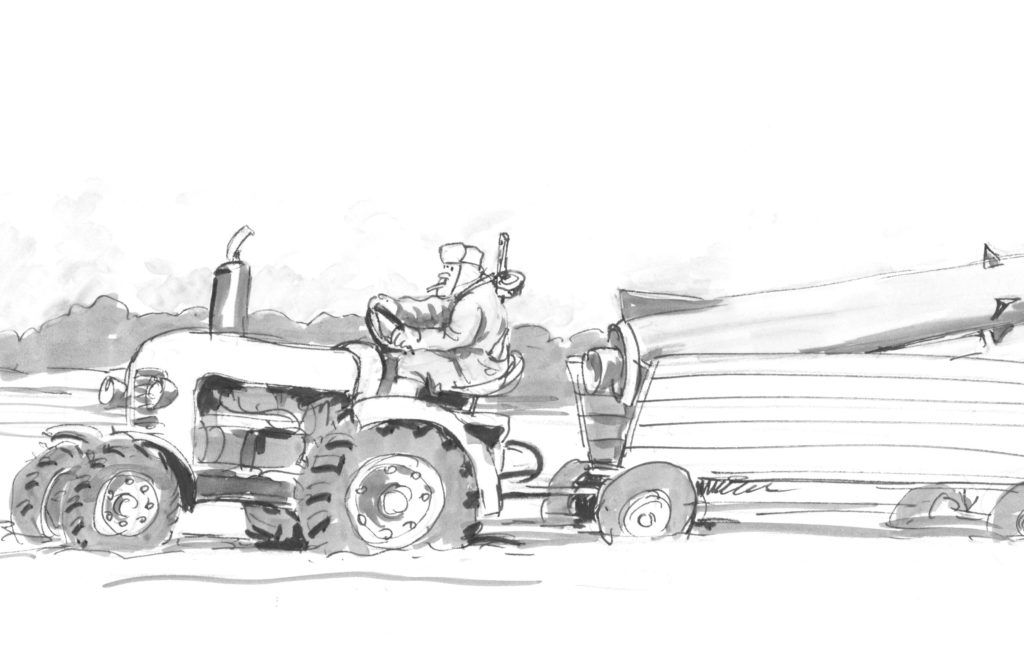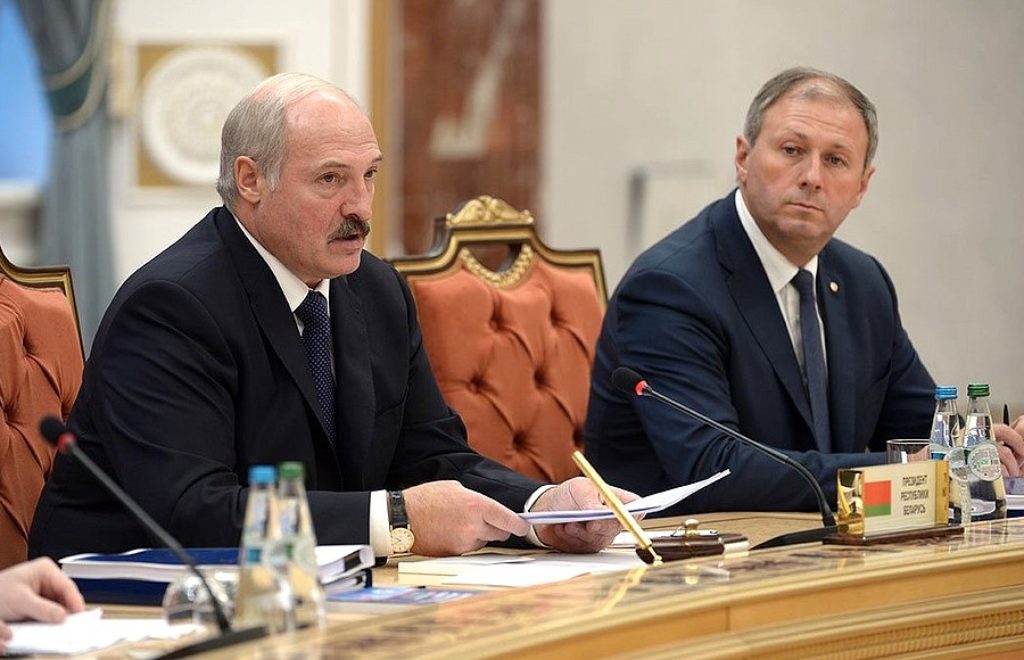Old Moldova in new Europe
In September 2018 Vladimir Plahotniuc, the leader of Moldova’s ruling Democratic Party and the most powerful oligarch in the country, announced that his party was set to change political course. Up until then, it had been the most important pro-European political force in Moldova. However, while preparing for the 2019 February parliamentary elections, it became a “pro-Moldovan” party. To many commentators this announcement was interpreted as a future turn towards Russia.
November 5, 2018 - Piotr Oleksy


